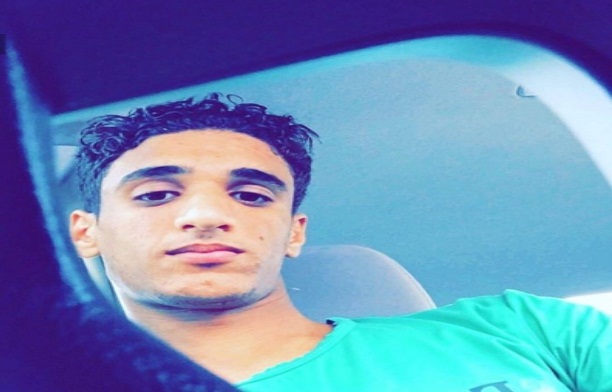Yusuf Husain Yusuf Ahmed Mohammed Ali was subjected to torture during interrogation before being arbitrarily detained in Bahrain’s Jau prison.
On 15 September 2017, the 24 year old engineering student turned himself in at the Roundabout 17 Police Station in Hamad Town on condition that his cousin be released from custody. Yusuf’s cousin was previously arrested when their vehicle was attacked by armed forces in civilian clothes. Authorities charged Yusuf with rioting, illegal assembly, endangering people’s lives or safety, arson, intentionally endangering private transportation, the use of fireworks to endanger the belongings of others, and importing, manufacturing and possessing usable explosives or weapons.
Yusuf was sentenced in three cases. In the first, in 2016, Yusuf was sentenced in absentia to seven years in prison. After appeal, the prison sentence was reduced to five years. In the second and third case, Yusuf was fined 200 Bahraini Dinars and an additional five years in prison in 2017 and 2018 respectively. The evidence presented against Yusuf was unclear and based on secret sources, and there was no evidence proving that allegations against him. In addition to violating his rights to a fair trial, Yusuf was tortured and violently whacked on his ear during interrogation, which later negatively impacted his hearing ability. However, he received no treatment for his sustained injuries. Yusuf’s right to adequate and timely medical treatment was further violated as he was prohibited from having his diabetes treated, as well as his keratoconus (a disorder in the cornea), which affects both his eyes.
Yusuf’s family filed a written complaint with the Ministry of Interior Ombudsman to inform them about his conditions. The Ombudsman stated that the office would keep the family informed on the matter, yet despite repeated requests, no updates have been provided. On 8 January 2020, Yusuf’s family members contacted the National Institute for Human Rights and requested Yusuf be transferred to a diabetologist. On 27 January 2020, Yusuf was taken to the hospital; however he received no medicine or treatment. At the time of this communication, Yusuf remains in Jau prison.
The actions taken against Yusuf violate multiple facets of international law, including the Convention Against Torture (CAT) and Articles 7 and 9 of the International Covenant on Civil and Political Rights (ICCPR), both of which Bahrain is party to. Yusuf’s detention on political charges constitutes arbitrary detention under Articles 9(1) and 21 of the ICCPR, and can be classified under Category II – deprivation of liberty. In addition, the security officers’ physical abuse of Yusuf constitutes torture under Article 1(1) of the CAT; the abuse was intentionally inflicted for the purpose of intimidation and punishment, and the statements made in connection with the physical violence were intended to insult or humiliate him. The Government of Bahrain and its agents have violated their commitments under international law.
Accordingly, ADHRB calls upon the UN Special Procedures to investigate Yusuf’s case and urge Bahrain to uphold its international obligations. ADHRB calls upon Bahrain to uphold its human rights obligations by ensuring that any subsequent trial is consistent with due process and a fair trial, as recognized by international law. We additionally urge the authorities to investigate claims of torture and ill-treatment by prison officials, to hold those officials accountable, and to keep Yusuf’s family informed on the status of their complaints.





